Nobody likes to have limits put on oneself, but let’s face it: How long can we keep our consuming habits until it’s too late? Here starts a 4-part series on sustainable development that will cover: State intervention, governance, international cooperation, regulations, and responsible citizen practices towards achieving a better future for those that will come after us. All from the point of view of a libertarian that thinks we might have crossed the line already.
Whereas I refuse to put labels on me most of the time, I think I could be catalogued as a libertarian. I truly believe that markets should be free, governments shouldn’t be felt, and people should be able to choose whatever they want for their lives. The latter is the main reason I think of myself as a libertarian.
Why? It is not that I think everything we do, say, or think is good and acceptable, but that nothing really is. Values and morals are so subjective and so dependable on the individual that I refuse to label any action as good or bad unless someone is hurt. Given the subjective nature of reality, nobody can really know what’s best because your “best” might be another’s “worst”. Thus, nobody should have a say on other people’s behaviour.
Do I have morals and ideals? Of course yes, quite lofty ones I believe. Do I think people should keep up with my standards? Of course not. I wouldn’t judge anyone that doesn’t live up to my expectations of how life should be conducted.
Those that think same-sex marriage is OK? It’s fine. Those that think their religion is the true one? It’s OK, I guess. Those that think their country is superior to every other? Whatever floats your boat, as long as you don’t harm foreigners. Those that think communism is the way to go? Definitely not alright, but I won’t kill you for believing it.
See, the point I am trying to make is that even if we don’t agree with other people’s actions and points of view, we can not judge them based on what we think is right and good. We have to embrace our differences and learn how to tolerate people for the sake of peace and harmony. Do the opposite, and you would be playing God. Nobody has ever won that game.
Every person is an entire universe on their own. There are really no absolutes in a world of relatives, and as such, one has to let people to do and think whatever they please, once more, as long as nobody gets harmed on the way. Governments then should refrain from acting as if they were pure, omniscient beings that know what is best for millions of people in terms of behaviour and morals, and limit themselves to set a basic structure for harmonic interaction.
But let me tell you a little secret: In a certain way, I think we need more state intervention and fewer individuals acting on their own, or better said, fewer individuals acting as if they were the only ones. The entire world needs it.
And I can already hear you: “What? How dare you call yourself a libertarian? Move to Cuba or North Korea if you want a more ‘Statey’ life”. I know, but bear with me for a while.
We are so self-centred, so ignorant, so short-sighted that it is impossible for us to really know about what is happening outside of our sight, so we don’t really register what doesn’t benefit or harm ourselves. Moreover, we also tend to live in a curious paradox in which we try to escape the present with our minds set on future events, yet we display poor planning skills when we underestimate the potential impact that our actions might have later on.
What is the result? When we don’t feel we are affected by a certain problem, we don’t do anything because we think that is another people’s job, but doing so, we ignore we are actually part of the problem. And yes, I am speaking about the environment.
We know about climate change, deforestation, water and food scarcity, overpopulation, and many other dangers that our planet faces. We know they are real and that eventually we will be in serious trouble. Yet, we continue living as if nothing will ever happen. Why? Because we think that as of right now, we aren’t that bad, or even worse, “that’s the politicians’ problem”.
How many years have we seen the same news over and over again and what has ever happened? The poles have been losing ice for as long as I can remember, record-high temperatures are recorded every now and then, and entire jungles are being razed on a daily basis. We know all that, but exposition doesn’t equal comprehension unless one can feel the effects of what is being exposed.
Suppose you want to have a BBQ for your friend’s cousin’s boyfriend, and that you want to buy some meat for everyone. Also, suppose – only suppose – everyone is quite moderated with their eating, and that you will only be needing two kilograms of pork meat for the entire evening. How much water do you think was used while producing those measly two kilograms? 12.000 litres.
Now, can you imagine how much water is used to feed the meat cravings of a city the size of New York or London for a year? Quite a lot, I think. But that’s only one of our many problems. We are running out of forests, our seas and oceans are getting filled with trash, our skies are turning grey, our rains are growing scarce, our lands are becoming eroded, and many other calamities are happening every day, but most of us can’t feel them with intensity. And if we aren’t suffering, why should we do or change anything?
There is something named ‘sustainable development’. A kind of development that lets us fulfil all our needs without compromising the needs of those that will come after us thanks to a balance between economic development, environment care, and social wellbeing. That’s the way to go for humanity if we are to arrive in 2050 with acceptable – not comfortable – living conditions.
How to achieve it? Not with many libertarians on the planet, to be honest. They will kick and growl if you try to force them to do anything. They refuse to feel obliged to wear a face mask, let alone force them to cut down meat consumption or to shower in just 5 minutes. Authorities – namely the State – have to take the lead and step in with regulations and enforcement to actually achieve anything by the sorts of sustainable development, because our little rebel minds just won’t.
But at the same time, the role of upper authorities is in fact limited to leadership and coordination, not actually planning nor operation. The real protagonists in this story are subnational governments, followed by private enterprises, civil societies, and aware citizens. We will see in the next instalments of this 4-part series how harmony and cooperation can be achieved between these agents towards sustainable development, and how consensus are critical to actually start taking serious and continuous actions.
We shall cover topics such as city planning, governance, international cooperation for the local and the national, free markets and regulations, and of course, social actions: those that you and I can take to put our grain of salt for a better future.
Stay tuned!
Sources
The Guardian: How much water is needed to produce food and how much do we waste?,https://www.theguardian.com/news/datablog/2013/jan/10/how-much-water-food-production-waste, accessed 12.11.2020
International Institute for Sustainable Development:Sustainable Development, https://www.iisd.org/about-iisd/sustainable-development, accessed 12.11.2020

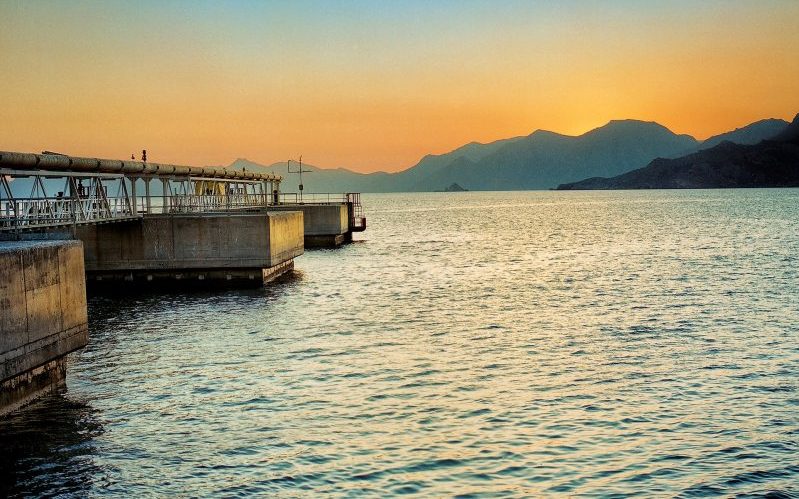
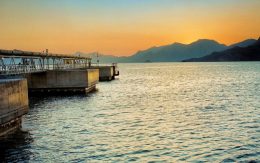
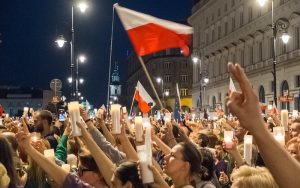
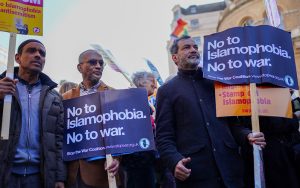
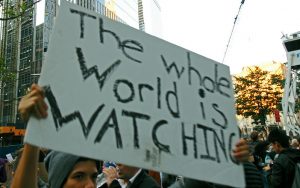


Be First to Comment